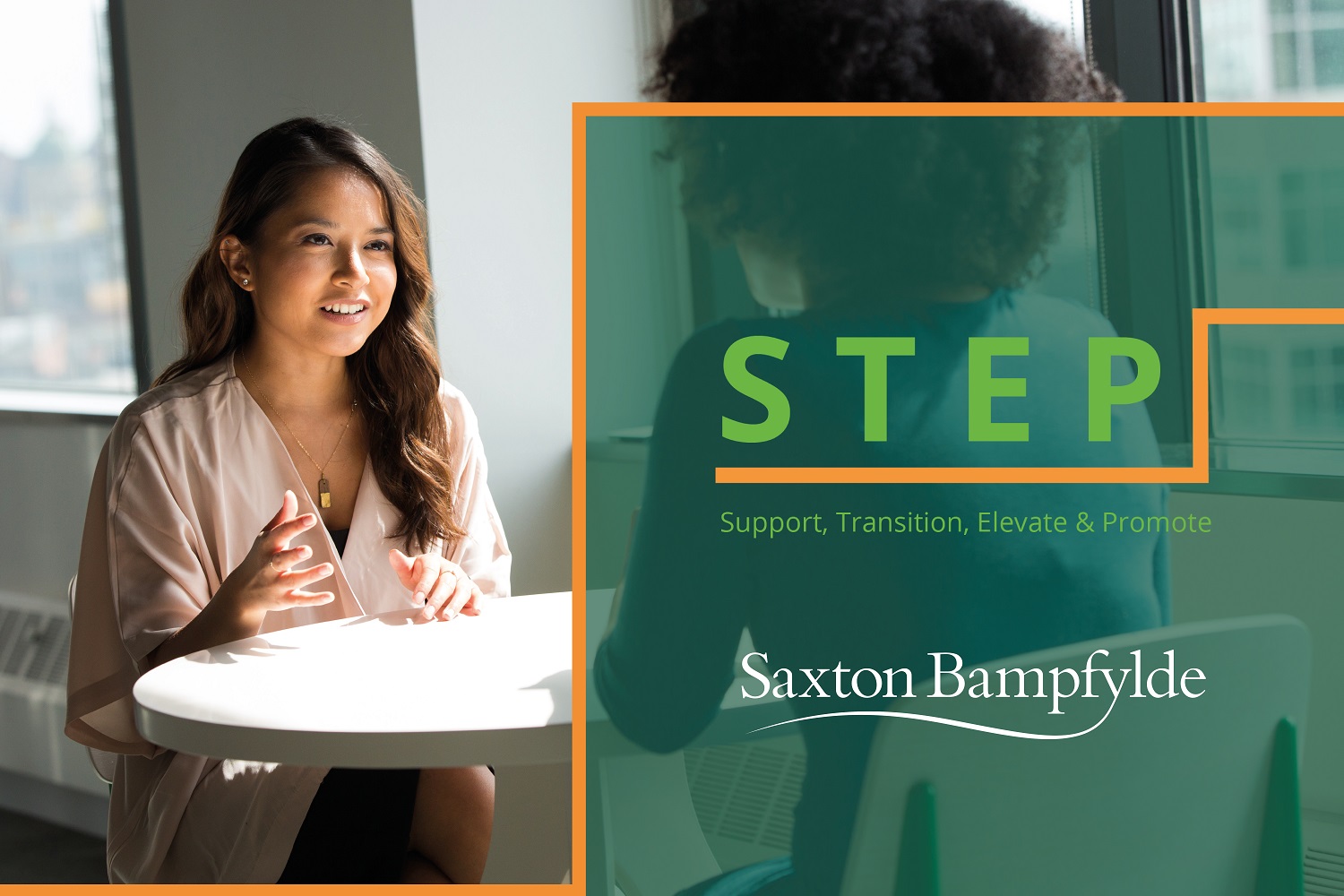
We are delighted to share insights from four of the STEP Programme coaches. We hear about what motivated them to become coaches and how more can, and should, be done to bring forward and support diverse leaders. They offer advice about what people should be looking for in coach and how to find the right one.
Robin Hindle Fisher:
What do you think is different about STEP? What prompted you to become involved?
STEP is a practical and potentially very effective way of alleviating the social inequality that minority ethnic people all too often still encounter in business and organisational life. My experience of many reactions to BLM is that they are long on good intention, but short on action. STEP is actually doing something about the injustice.
What inspired your journey to become a coach or mentor and how does this influence the way in which you coach?
Although I have enjoyed many ‘privileges’ in my life, I am a disabled person, and very visibly so. I therefore know something about being an ‘other’ in society. Nevertheless, I have always felt that there is a great deal I can do to demonstrate why I deserve to be treated with respect, and I enjoying sharing that sentiment with others, if appropriate, through my coaching and mentoring.
What advice would you give people who are looking for a coach?
Always, if you can, meet two or three potential coaches and pick the one who your instinct suggests will both challenge and support you most effectively. In my experience, coaching is at its best when it leads to action – and that sometimes involves being asked questions you might prefer to avoid or ignore.
Can you describe a big change you have gone through or helped a client through?
I have been through a few significant changes in my career and life and suggest that being able to do that, perhaps very obviously, is about developing confidence in yourself, your decision making and your resilience. Think long and hard about change and take some wise counsel, but at some stage, you must take the decision and ‘just do it’.
Can you talk about an important transition point in your career and why was it important?
I left quite a prestigious job in my early 40s and went back to ‘school’, albeit to do a business degree. It was an important decision because I was ‘giving up’ a lot, in terms of status, security and reward, and taking on a lot of risk and uncertainty. Maybe I was lucky, but it was probably the best thing I have ever done – so I am an advocate of making radical changes in life, especially mid-career.
What support helped you or what support do you wish you had?
The support of my partner and my close family was absolutely critical to being able to do what I did. I always advise anyone contemplating a significant transition to ensure that their nearest and dearest in life are supportive.
What has the last year taught us about the need to have more diversity at the leadership level?
CV19 caused the biggest organisational disruption most of us have ever had to live through and deal with. Like all major crises, it demanded strong leadership, clear decision making and excellent communication. The quality of all of those actions can be improved by increasing the diversity of thinking in leadership teams and broadening the backgrounds and experience sets of members of top teams will contribute towards that.
What are the barriers to getting more minority ethnic individuals to a leadership level?
The principal barrier to getting better representation of minority ethnic individuals in boardrooms is the appalling bias, discrimination and lack of opportunity they, like other minorities, have suffered over recent decades and centuries. This means that there are just not enough candidates who have the experience needed to fill the most senior roles immediately. That is why correcting this injustice will take time – and why we must take decisive action to correct it NOW.
Robin Hindle Fisher – Biography
Robin became a business coach following a 27 year executive career in the fund management industry. He held senior positions at CEO, partner and managing director level at a number of leading organisations and remains a non executive director in the sector.
Robin’s coaching and mentoring work with clients is underpinned by his experience in senior leadership roles and on boards as well as by extensive coaching training (Ashridge Business School, the Metanoia Institute and others). At Phillips & Drew Fund Management he was initially an equity portfolio manager and ultimately CEO with responsibility for the UK operations of UBS Asset Management, over 400 staff and relationships with major institutional clients. He was involved in creating UBS’s retail investment business in the UK as well as the merger of Phillips & Drew with its sister companies within UBS.
In addition to P&D, Robin was a partner at Governance for Owners LLP, a Managing Director at Deutsche Asset Management, a public company board director at Henderson Administration (now Global Investors) and a graduate trainee at Kleinwort Benson. Prior to Hay Hill, Robin worked as a business coach at Praesta Partners. He is a non executive director and Deputy Chairman of Ruffer LLP.
Read further interviews in the series
